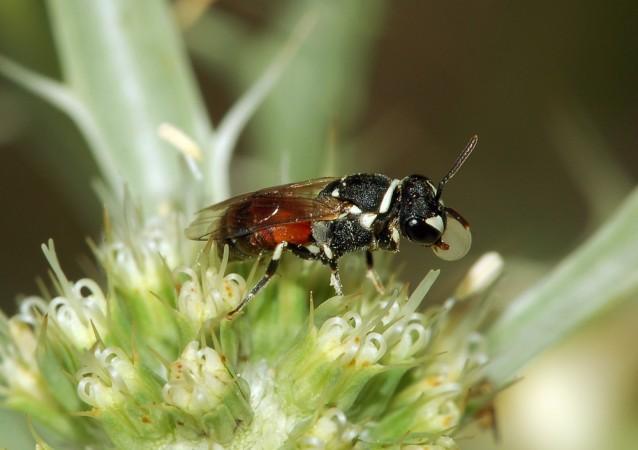To counter the collapse of bee population in the region, an orchard in central New York has started the use of drones to replicate the role of honey bees in pollination. And the experiment has proven to be a success.
The Beak & Skiff Apple Orchard in LaFayette has become the world's first apple orchard to successfully pollinated their trees using drones, notes a report by Syracuse. This was done by a drone company called Dropcopter which managed to cover about five acres of apple trees out of the orchard's 300.
A hexacopter was used to spray pollen over the trees and this is being done as part of a test to see if the method would work on apples. The report notes that previously, almonds and cherries were pollinated using drones.
The farmers turned to drones because of the massively reduced bee population, notes the report. There are not enough bees to pollinate the vast number of trees that cover this orchard and there is only a short span of time through the spring season where apples can be pollinated.
We know that agriculture is one of the most significant points of entry for the commercial use of drones, and it holds the most opportunity to impact the industry and economy," said Adam Fine, co-founder of the drone company.
The drone does not go to every individual flower and work on them like bees do (neither do they fucntion like the futuristic robot bees in the thrilling Black Mirror episode, for fans of the science fiction series out here.) But instead, these drone bees hover about 8 feet above the treeline and spray the entire area with pollen.
Results of this experiment are not known right away and the farm will have to wait till harvest season to find out if this is an effective way to pollinate apple trees, notes the report.
Colony collapse disorder
Bee population is various parts of the world is witnessing a drastic drop, in some places by about 50 percent. The dwindling bee population is a major cause of concern, not just for the scientific community, but, as demonstrated by the orchard farmers, for agriculture as well.
Honey bees, in particular serve an important purpose for humanity. They pollinate crops and play a key role in keeping farming alive. Habitat destruction, parasites, and powerful insecticides, is killing bees off in large numbers. There are several such reasons contributing towards colony collapse disorder.
What ever be the case, the death of bees is something that humanity cannot survive. At least not with the relative abundance and diversity in food that is present now.

















